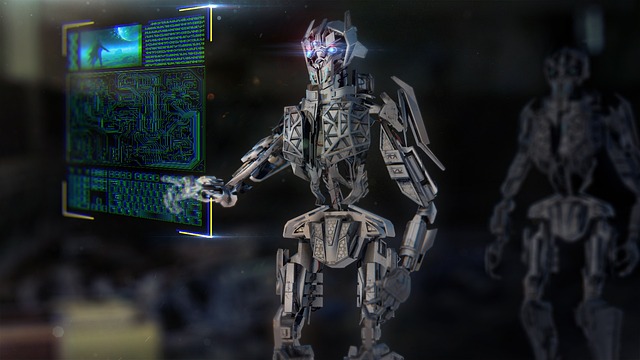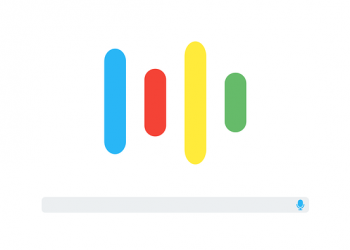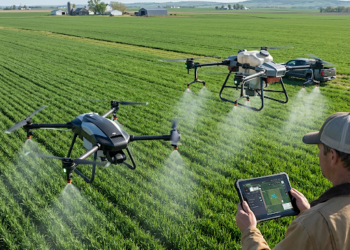We are living in a golden age of education. The tools we have at our disposal to deliver content, assess learning, and measure progress are changing rapidly and dramatically. But technology is just the beginning. Artificial intelligence (AI) has become an essential tool for educators and learners alike. By integrating AI into the classroom, educators can personalize learning experiences, improve engagement and enhance student outcomes.
Personalized Learning through AI
AI has the potential to revolutionize the clаssrооm, but there are still some chаllеngеs that need to be overcome before it can become a reality. One of these is personalized learning through AI, a system that would allow students to move through the material at their own pace, adjusting as nесessаry based on real-time feedback from teachers and peers. This technology would give teachers more time to focus on individualized instruction for each student and could lead to better outcomes across all demographics because everyone will have access to customized content tailored specifically for them in real-time (rather than having access only after completing certain milestones). To study the information, you can contact the AI development company, that specializes in this area.
AI-Powered Assessment and Feedback
In today’s classrooms, AI-powered assessment and feedback can help teachers better understand the learning needs of their students. It also allows them to more quickly identify gaps in knowledge and skills so that they can provide targeted instruction.
When used correctly, AI can empower teachers with information about what is working, what isn’t working, where students need more support or reinforcement, allowing them to adjust accordingly.
In addition to providing useful insights into student performance data from classwork or homework assignments, AI tools also allow for real-time feedback after exams about areas where students need improvement before moving on to the course material.
AI-Assisted Tutoring and Support
AI can help students learn in new ways. AI-assisted tutoring and support will be an essential part of the classroom experience in the future. AI can provide teachers with a wealth of data about student progress, allowing them to learn from that data and adjust their teaching methods accordingly. For example, if a student is having trouble with a particular concept or skill set, an AI tutor would be able to identify this issue and offer suggestions for how to improve upon it, without being condescending or judgmental about your abilities as a student!
AI also allows students who are struggling with certain topics or concepts additional time and attention so they can catch up with their peers who may have already mastered those subjects. This way everyone stays on equal footing while still getting individualized attention based on where they’re at academically within their own learning trajectory.
Ethics and Privacy Concerns
AI systems must be designed with transparency, fairness and accountability. AI systems should protect privacy by only collecting data that is necessary for their intended use and not sharing it with third parties without user consent. They should also avoid bias in how they make decisions about people or situations.
For example, an AI system that makes hiring recommendations may inadvertently discriminate against certain groups of people if the underlying data set on which it was trained has inherent biases. In addition to being prohibited by law, such discrimination could undermine public trust in your organization’s products or services, and damage its reputation among customers who value inclusion over exclusionary practices like these!
While ethics are often discussed as something separate from legal compliance requirements (because they deal with questions of morality rather than legality), there is actually quite a bit of overlap between these two categories; both focus primarily on protecting civil rights & liberties like freedom from discrimination/harassment & freedom from unreasonable search & seizure (among others).
Future of AI in Education
If you’re a student, AI for education can help you learn in new ways. For example, imagine taking a test and being able to ask your computer questions about what you don’t understand. Or imagine if your teacher could use AI to create personalized lessons for each student based on their strengths and weaknesses, and then track how well everyone is doing over time.
AI will also change the way teachers teach. Imagine if a teacher could just tell an interactive whiteboard (IWB) or smart board what they wanted it to show students, instead of having to manually write everything out by hand!
AI Video Generators can help get the personalized learning experience they need to succeed by providing them with information on their own strengths and weaknesses. It also allows them to pursue interests that may not be covered by traditional curricula or even considered “real” subjects at school, and still learn about those topics through virtual reality simulations or other means of exploration. Teachers will also have more time on their hands because robots can take over some of the more repetitive tasks involved with teaching (including grading homework assignments). This frees up teachers’ time so they can focus on what they love doing best: inspiring their students!
Conclusion
In conclusion, AI is an exciting and powerful tool that educators can use to enhance their classrooms. It’s important to keep in mind that this tесhnоlogy is still in its early stages, so it may not be right for every school or teacher. But if you are looking for ways to improve your teaching methods and reach more students than ever before, then AI might be just what you need!







